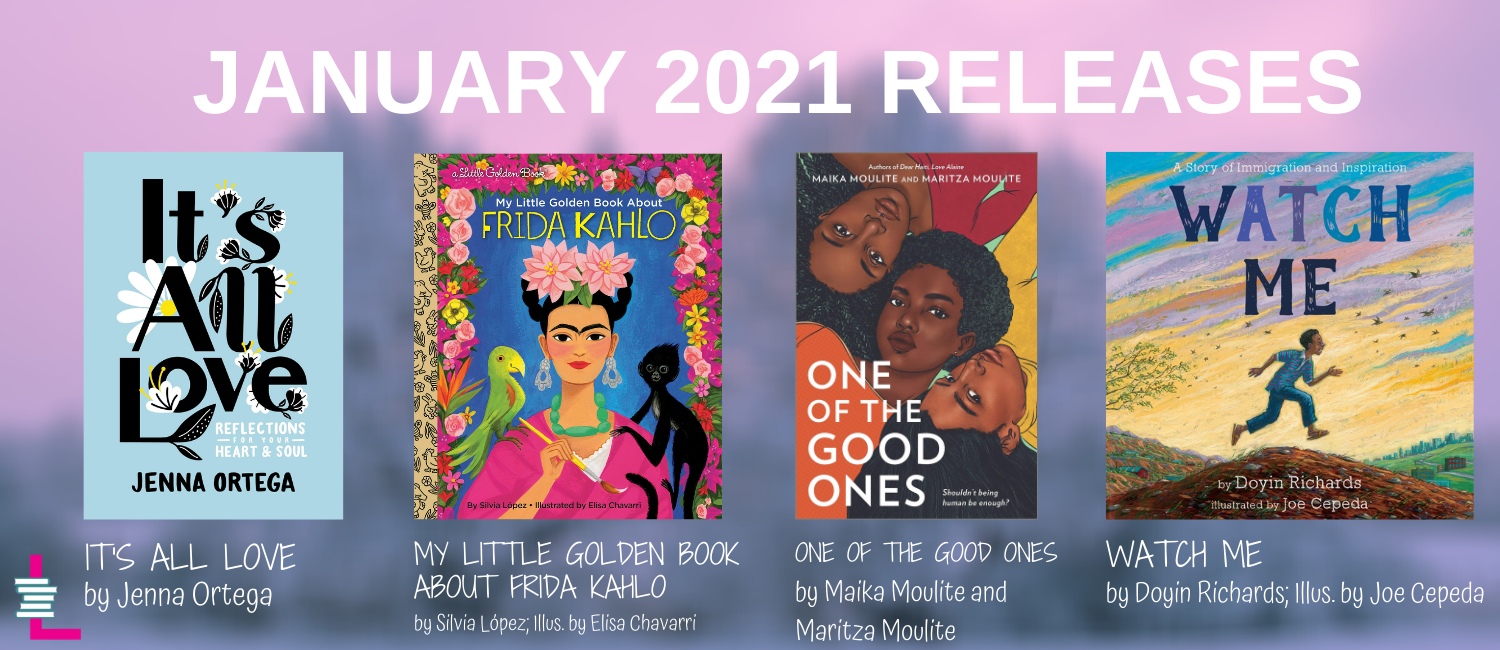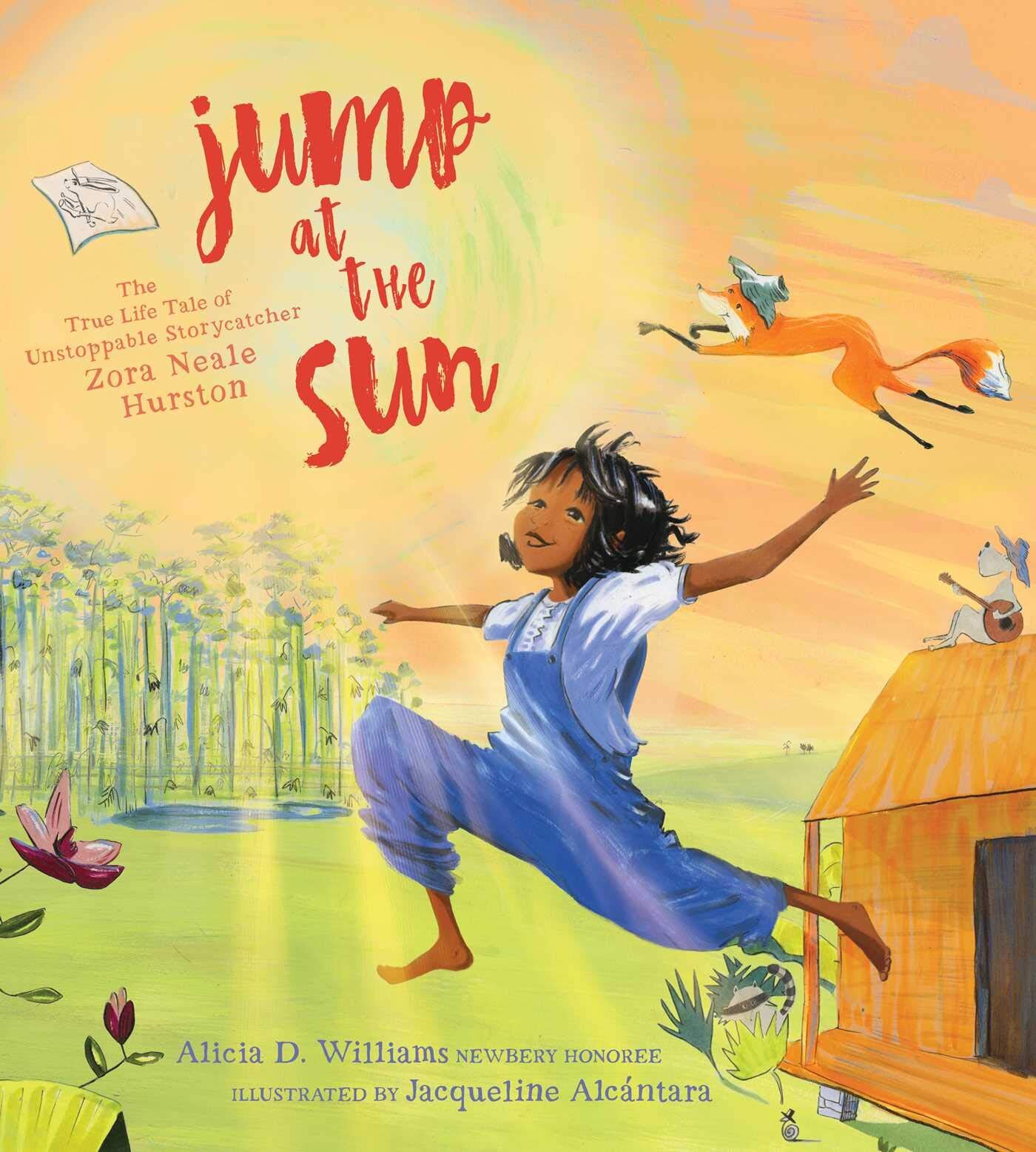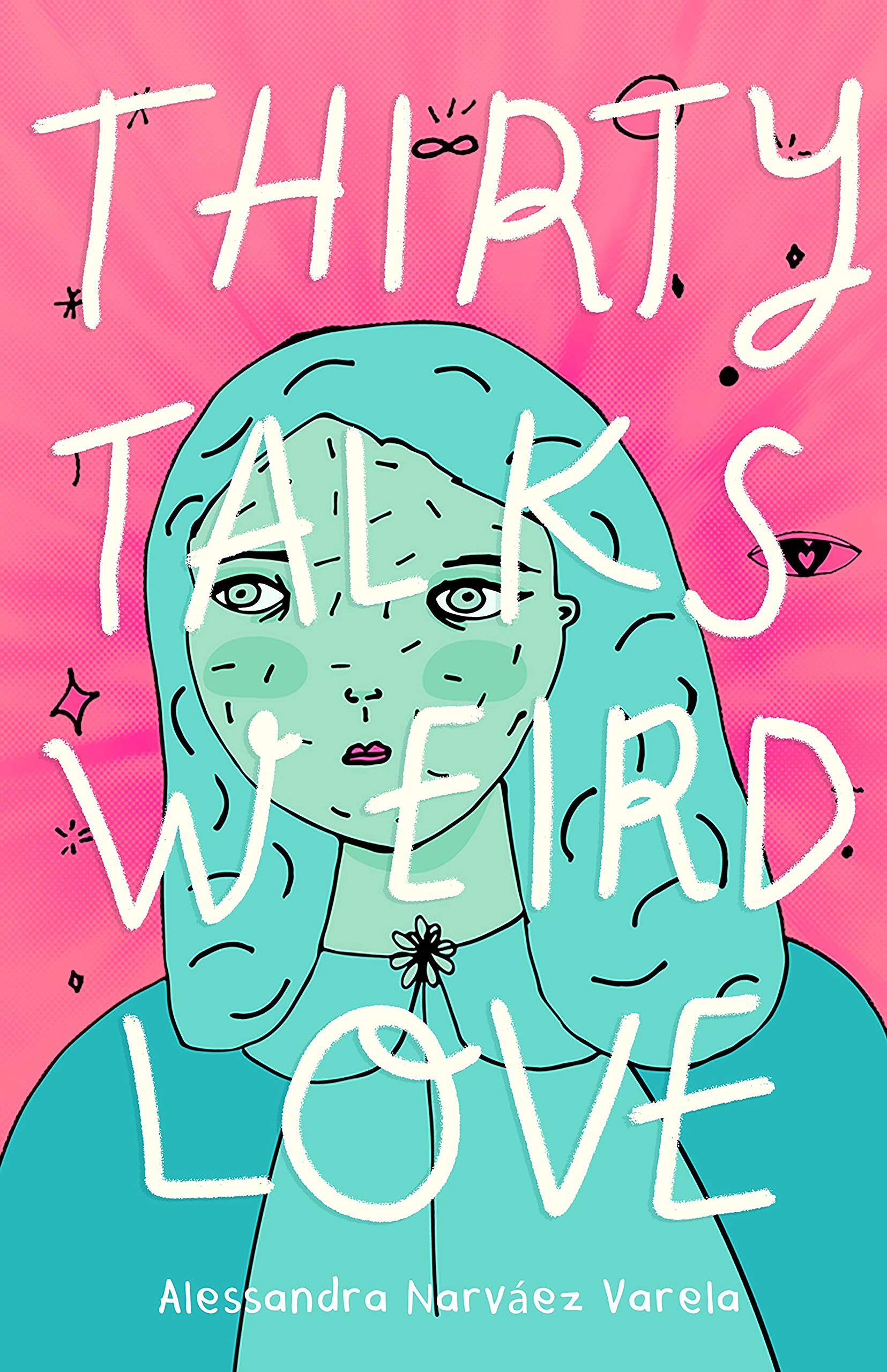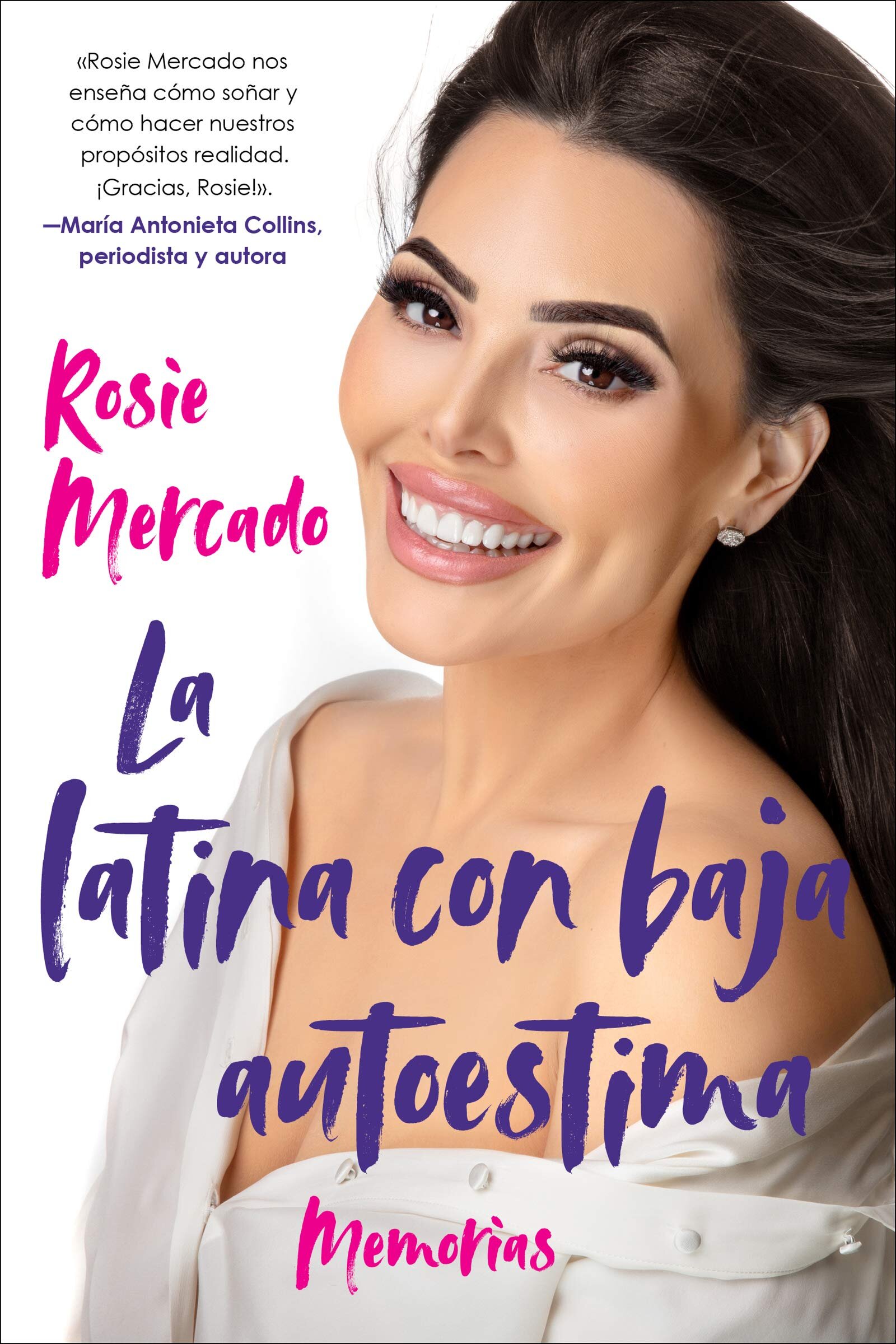Yamile Saied Méndez’s YA debut, Furia, is an insightful and blazing exploration of a teen’s courage and determination to succeed against all obstacles, set in fútbol-fevered Rosario, Argentina. Camila Hassan is a seventeen-year old futbolista, eager to make it in the big leagues and have better career opportunities through a soccer scholarship that will allow her to study abroad in the United States. Striving away from past familial generations’ history with new possibilities, Camila is a fireball ready to take on the world. This page-turning novel is not only about soccer; it involves ambition, perseverance, friendship, love, selflessness, prejudice, toxic femininity, domestic violence, education, coming-of-age, socio-economic status, and female empowerment.
The reader immediately learns that Camila’s futbolista lifestyle is kept a secret from her family, because her parents have never supported her love for soccer, or her goal to play professionally as a woman. Her family expects Camila’s brother, Pablo, to get them out of their working-class status with his soccer playing, and, like many families in Camila’s country, believe that “soccer isn’t for decent women.” Her father goes so far as to assume, in a contemptuous manner, that she likes girls rather than boys because of her love for fútbol. Her mother strongly advocates for her to go to medical school instead.
Credit: Algonquin Books
Initially, Camila is very judgmental of her mother’s actions—such as allowing her father to belittle her with comments about her physique—but eventually, she realizes her mother did the best she could with the resources she had. In a surprise twist, readers find out that Camila’s mother, in fact, once had the same passion for fútbol, but faced the same prejudice about it from Camila’s grandfather. This scenario examines the complexities of Latinx girlhood/womanhood, and shows how females who want to follow their dreams sometimes have to become even more resilient and unstoppable than past generations. Camila Hassan is an exemplary model of how young teens do not have to live with past familial generations’ noxious beliefs, and Furia insightfully shows the need for open-minded, understanding conversations between parents and their children.
As readers turn the pages, they may also find themselves engrossed with Camila Hassan and Diego Ferrari’s far-from-typical relationship. Diego, Camila’s childhood friend and long-time love interest, is now an international soccer player for the renowned team Juventus. He puts her at a crossroads between her career goals and love life, where she has to decide whether to prioritize her career or his. Saied Méndez eloquently shows many possible futures for young love, not only in Camila’s decisions about Diego, but through Camila’s parents’ relationship, and her brother Pablo’s relationship with his girlfriend, Marisol. The Las Musas author’s resolution for Diego and Camila is a pleasant surprise that readers won’t want to miss. It may be a necessary call to young readers that young love is not all it seems, and that it’s a disservice to let go of one’s career trajectory for someone else’s.
Camila’s ambitious attempts to move forward are exciting to observe; along with playing soccer, she also starts her first job as an English tutor to gain more professional experience. Among the students is a little girl named Karen, whose hunger for knowledge is visible to Camila’s eyes. Camila knows that the only cure for that hunger is to feed it. She hopes that she can help Karen the way her soccer coach, Alicia, has helped her find her own agency. These sorts of examples of powerful, selfless female solidarity are something that readers could greatly benefit from seeing in more books.
Credit: Yvonne Tapia
Furia also touches on themes often thought to be “too difficult” for young readers, such as domestic violence. Camila and her family reach a breaking point when her father confronts all three of them—Camila, her mother, and her brother—telling them that he could have had a better life without them for many reasons. Camila realizes that she must break the cycle of abuse that has followed her female ancestors generation after generation: “[Camila’s father] lunged at [her mother], but Pablo and [Camila] both stepped in front of her. . . . whatever the consequences, [her] mom, Pablo, and [Camila] were breaking the cycle today” (308). This is the type of book that might help young readers speak up if they are living through something similar, and enlighten others that these types of situations do happen—allowing for important conversations in the classroom and beyond.
And of course, there are many great, thrilling soccer matches. Furia (“Fury” in English) is Camila’s futbolista name. Camila’s bravery and wit spark off the page as Méndez vividly describes how she runs to the park to make it to her soccer game on time, laces up her boots, and unleashes the part of her that comes alive only on the pitch, as she takes her position in the midfield and weaves through the line of defenders blocking her way to victory. Even though Camila is a shining star in her own right, the soccer scenes also demonstrate that it also takes a team to succeed. For schools, libraries, and parents, giving teens this book could help support those with sports aspirations, especially girls, and assure them that their dreams are possible—and readers are in for exceptional soccer fever in its pages.
Furia’s young protagonist, inspired by Méndez’s everyday observations of ambitious girls from limited backgrounds, is an underdog who dares to live her dream and triumphs. Camila’s “Furia” nickname speaks not only to her personality on the pitch, but to her fury against anything belittling, harsh, unjust, and harmful to society. This is a bold and rich novel, capable of making you feel quite chuffed with the ending. Any reader may see herself/himself/themselves in Camila Hassan’s story, no matter how big or small a moment it is. Kudos to the wonderful and courageous Own Voices author! Taking brave steps to shape her own present and future, Camila is a strong female leader that every generation needs on the page.
Yvonne Tapia is a Mexican-American professional from East Harlem, New York. She earned a BA in Media Studies and Psychology from Hunter College. Additionally, she has worked in the educational and media fields through various outlets. With a long-term enthusiasm for children’s books, she has been involved at Housing Works Bookstore and Latinx in Publishing. She currently works on the Marketing and Publicity team at Levine Querido. Yvonne is excited and dedicated to engage book visibility in marginalized communities, welcoming all readers while making them feel seen and empowered.
















































